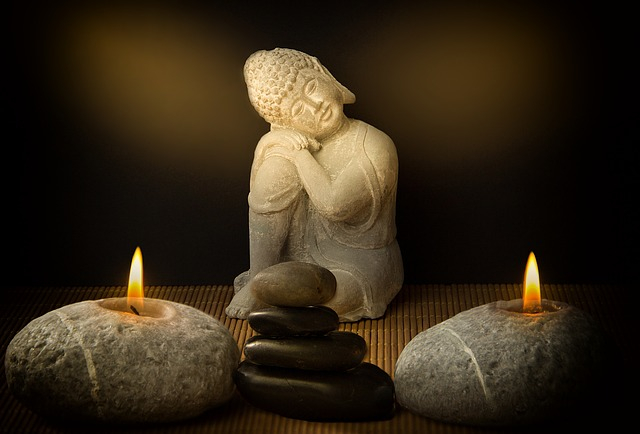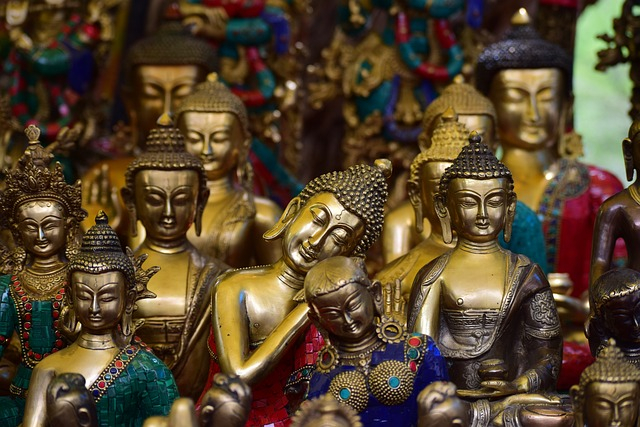Gods and Rules
Zen Buddhists adhere to the above-mentioned central religious beliefs of Buddhism, but they also emphasize ideas associated with Confucianism and Taoism, two ancient Chinese schools of thought. Zen Buddhists reject the concept of God. They believe that there is a Buddha inside each person and it lives forever. The Buddha is not a deity or supreme like god in Christianity. The Buddha was created for educational purposes and was a teacher who taught the Four Noble Truths. The Four Noble Truths sum up human existence as a path of pain. However, it is possible to transcend suffering by letting go of desires and adhering to strict rules. Furthermore, life after death is Nirvana. Nirvana is the point at which one abandons everything that needs to be shed. It is also a state of calm.
You may be unaware of your own awakened nature because your minds are constantly clouded by feelings like anger, ignorance, and greed. Enlightenment exists in all of you and you all have the ability to recognize it. One of Zen Buddhism's adages is that the ordinary mind is the path. Zen masters were not permitted to be violent or to kill. They had to respect other people's property and could not steal. Besides, they had to make a commitment to exercise and take care of their minds and bodies. Furthermore, they had to be cautious in their relationships. Otherwise, they will have to take their karma which is the relationship between one's actions and the consequences, especially regarding reincarnation. The Zen Buddhists worship in temples in groups ranging from 10 to 100 people. However, their daily practice would take place at home. A shrine, incense, candles, and a statue or image of Buddha would be present in the room. The Buddhist would recite one of the numerous Buddhist chants.







